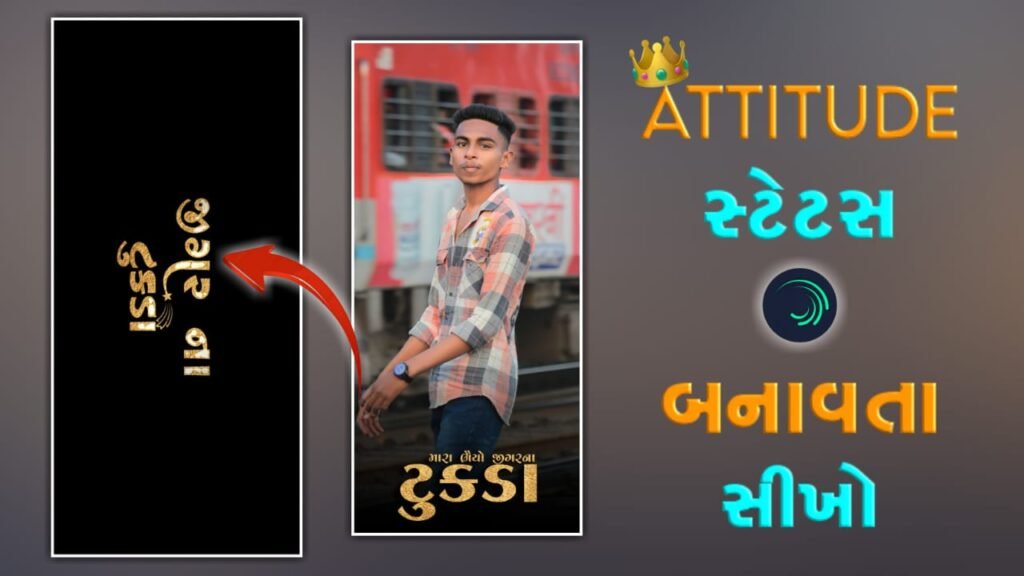5 Rights Every Loan Defaulter Must Know

When a borrower fails to pay the EMIs on loan as per the loan agreement, a loan defaulter is born.
Being a loan defaulter doesn’t make you a criminal. And it certainly doesn’t strip you of your rights to be treated fair and with respect. Banks and Financial institutions have a legal responsibility to follow a process when dealing with a loan defaulter.
In this article, we’ll discuss the rights of a loan defaulter and the steps a bank, NBFC, or a financial institution can take to recover the money borrowed.
-
- Right to Notice
The bank, NBFC, or a financial institution must give you enough time to repay the dues before taking action to repossess your assets or recover the outstanding amount. The Securitisation and Reconstruction of Financial Assets and Enforcement of Security Interests (Sarfaesi) Act states that the bank can initiate the proceedings as follows:
- If the loan is classified as a Non-Performing Asset (NPA) and the repayment is overdue by 90 days, the bank or the lending institution has to issue a 60-day notice to repay the dues.
- If you fail to repay within the specified notice period, the bank can then sell your assets/property.
- Before selling the assets, the bank or financial institution needs to provide another 30-day public notice mentioning the details of the sale.
- Right to Fair Value
If you fail to clear the dues within the notice period, the bank repossesses your assets, but cannot decide the selling price on its own. Along with the one-month repossession notice informing you about the auction, the bank also has to send a fair value notice to you informing you of the sale price as evaluated by the bank officials. If you feel the sale price is underpriced, you have the right to raise objections and state a price that you feel is right. The bank considers your right to receive fair value for your property and then reevaluates the property.
- Right to Be Heard
You have a right to raise an objection to the repossession notice sent by the bank during the notice period. The authorized officer has to reply within 7 days, informing you whether your objections were accepted or denied, giving valid reasons.
- Right to Claim the Balance
There might be a possibility of getting a high sale price for your property that had been repossessed by the bank. If the bank has some balance left after recovering the outstanding balance, you have the right to claim the balance amount.
- Right to be Treated Politely
Banks are regulated entities. They do not have the right to mistreat or harass you for defaulting. The bank has to keep certain things in mind when they are communicating with you.
- A collection officer/bank agent has to politely request to meet you at a place and time that’s convenient for you.
- The agent can meet you only from 7 AM to 7 PM.
- The collection agent is supposed to treat you and your family with respect, without humiliating, harassing, or resorting to abusive language.
Communicate With Your Bank/Financial Institution to Avoid Loan Defaults
As a borrower, your whole focus should be on making timely loan repayments on a regular basis. After taking the loan, you may find it challenging to repay your loan due to some unforeseen circumstances. In such a situation, do not hesitate to contact your bank. Notifying your bank of your problem and convincing them of your intention to pay off the loan, they may help you cope up with the financial situation better. You can request your bank for the following:
- Increase your loan tenure to make your EMIs affordable.
- Restructure your loan and relax some of the terms and conditions.
- Provide temporary relief if you are facing a temporary financial problem. However, you may be charged a penalty, in this case.
- Convert your unsecured loan to secured to lower the interest rates.
- Bank may give you an option to settle the loan through a small one-time settlement payment. However, choose this option as the last resort because it reflects negatively on your credit score.
In Conclusion
In an ideal world, there would be no loan defaults. But, we don’t live in an ideal world – loan default is a reality of life. If your name ends up in the list of loan defaulters, don’t panic! Take comfort in knowing that you are better placed now that you are aware of the rights you hold as a loan defaulter.



